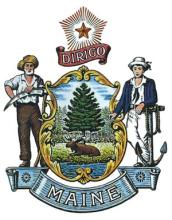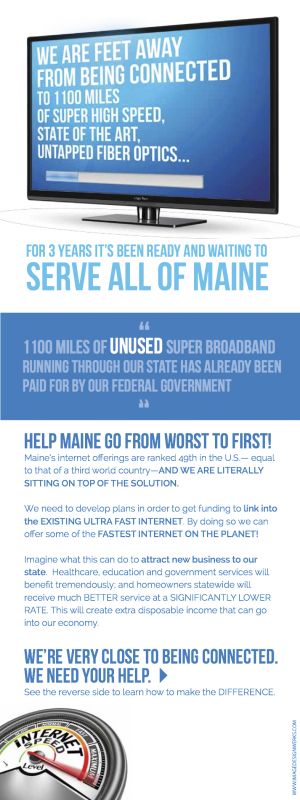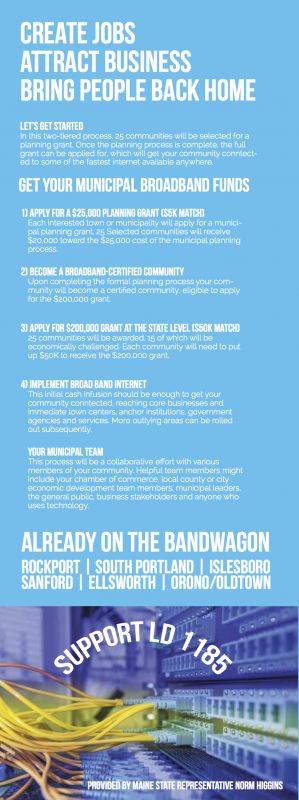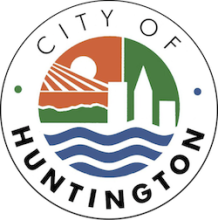Public Private Partnerships: A Reality Check
When Westminster, a community of 18,000 in rural Maryland, found itself with poor Internet access that incumbents refused to improve, it decided to join the ranks of a growing trend: public-private-partnerships between local governments and private companies to invest in next-generation Internet access. They are now working with Ting - one of a growing number of private sector firms seeking partnerships with cities – though how partnerships are structured varies significantly across communities.
In building an infrastructure intended to serve the community for decades, city leaders knew Westminster should retain ownership of the network to ensure it would remain locally accountable. Ting is leasing fiber on the network and providing Internet services to the community with plans to offer some type of video in the near future. The public-private-partnership (or “P3”) includes a temporary exclusivity arrangement for two years or when a minimum number of subscriptions are activated. Westminster will then have the ability to open up its network to other providers in an open access arrangement.
Communities are realizing that if they want better connectivity, they need to take matters into their own hands. As local leaders wade through the complex process of planning, financing, and deploying Internet network infrastructure, P3s are becoming more common. Communities with little or no experience in managing fiber optic networks may assume that P3s are safer or easier. That may be true or not depending on the specific P3 approach; the data is only starting to come in. P3s have been relatively rare compared to the hundreds of local governments that have chosen to build their own networks in recent decades.
Partnerships will continue playing a larger role when improving local connectivity but this area is still maturing – there are already a few examples of successful P3s though many will also recall the failed Gigabit Squared P3 approach.













